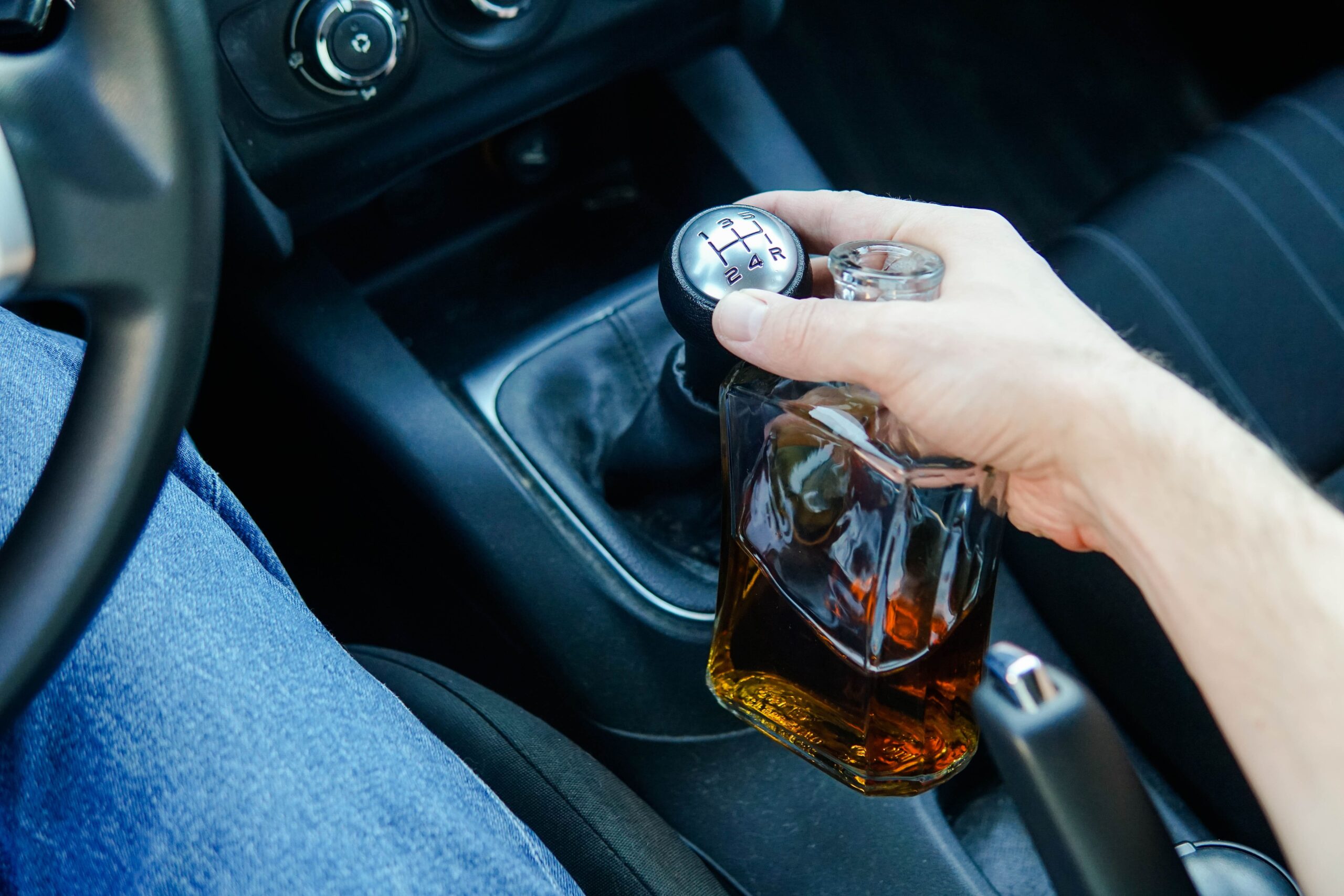In recent years, states across the United States have been actively implementing innovative measures to curb the alarming rise of drunk driving incidents on their roads. With its commitment to road safety, Maryland has introduced an effective tool known as the Ignition Interlock Program.
This program has proven to be a significant step forward in reducing drunk driving and protecting innocent lives. This article will delve into the details of Maryland’s Ignition Interlock Program and explore how ignition interlock systems work.
Understanding the Ignition Interlock Program in Maryland
The Ignition Interlock Program (IIP) in Maryland is a comprehensive initiative aimed at curbing the dangerous consequences of drunk driving. It is a judicially mandated system that requires certain DUI offenders to install an ignition interlock device in their vehicles. The primary goal of this program is to prevent repeat DUI offenses and ultimately make the roads safer for everyone.
Under Maryland law, the courts may order individuals convicted of driving under the influence (DUI) to participate in the Ignition Interlock Program. This requirement applies to both first-time and repeat offenders, depending on the severity of the offense and the individual’s history of DUI convictions.
The Maryland Department of Transportation Motor Vehicle Administration (MDOT MVA) manages the program. It plays a vital role in helping offenders regain their driving privileges while simultaneously deterring them from driving under the influence in the future.
How Long You May Be Required to Use the Ignition Interlock Device
The time a driver must use the ignition interlock device varies depending on the traffic violation or driving offense they were convicted of. Here are some examples.
- A driver with a BAC (blood alcohol concentration) between .08 and .15 may have to use an IID for at least 180 days.
- A driver with a BAC over .15 must use an IID for at least a year.
- Drivers who refuse to submit to a field sobriety test must use an IID for at least a year.
How Maryland’s Ignition Interlock Program Works
Whether you opt-in to take part in Maryland’s IIP or if you are ordered to participate, the process of taking part in the program is the same. Here is what you can expect when participating in the program.
Installation Process
An ignition interlock system is a small electronic device wired into the vehicle’s ignition system. Upon receiving the court order, the offender must have the device professionally installed in their vehicle at an authorized service center. The cost of installation and monthly fees are typically the offender’s responsibility.
Breath Alcohol Testing
Once the ignition interlock system is installed, the driver must submit a breath sample before starting the vehicle. The device measures the driver’s BAC level through breath analysis. If the BAC is above the pre-set limit (usually 0.02% in Maryland), the vehicle will not start, preventing the intoxicated driver from operating the car.
Rolling Retests
Ignition interlock systems also employ rolling retests to ensure the driver remains alcohol-free throughout the journey. The device will prompt the driver to provide periodic breath samples during a trip. This prevents drivers from asking someone else to provide the initial breath sample and then taking over the wheel after the vehicle has started.
Data Logging and Reporting
The ignition interlock device records all breath test results and any attempts to tamper with or bypass the system. The data is regularly transmitted to the MDOT MVA, allowing authorities to monitor the driver’s compliance and adherence to the program’s requirements.
Benefits of Ignition Interlock Systems
Here are some of the benefits that come from requiring the use of an ignition interlock system.
- Reducing Drunk Driving Incidents — The most significant advantage of ignition interlock systems is their proven ability to reduce drunk driving incidents. These systems are a powerful deterrent by preventing intoxicated drivers from starting their vehicles, potentially saving countless lives.
- Graduated Reinstatement of Driving Privileges — The Ignition Interlock Program enables DUI offenders to gradually regain their driving privileges as they demonstrate responsible behavior and adherence to the program’s requirements. This approach promotes a sense of responsibility and accountability among offenders, encouraging them to avoid future DUI offenses.
- Enhanced Road Safety — As the number of DUI incidents decreases, the overall safety of Maryland’s roads improves. Combining technological advancements with punitive measures, ignition interlock systems significantly make roads safer for all motorists, pedestrians, and cyclists.
Let Jeremy Widder Law Help You Understand the Benefits and Restrictions of Maryland’s Ignition Interlock Program
Maryland’s Ignition Interlock Program serves as a shining example of how technological innovations can effectively combat the pressing issue of drunk driving. By mandating the installation of ignition interlock systems, the state has taken a proactive approach to road safety, reducing the risk of DUI-related accidents and fatalities.
As we move forward, states across the country must continue implementing similar programs, harnessing the power of technology to protect lives and prevent the devastating consequences of drunk driving. With the Ignition Interlock Program in place, Maryland sets a commendable precedent for other states, demonstrating the potential of ignition interlock systems to foster safer roads for everyone.
Jeremy Widder Law has the knowledge and experience to help you with your DUI or DWI case. We’ve represented hundreds of clients that have been charged with various offenses. Our team will be by your side throughout your case and help you be heard.
Contact us today for a consultation.






